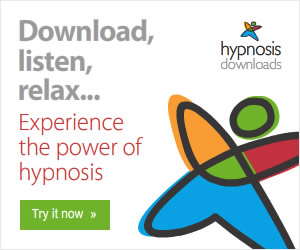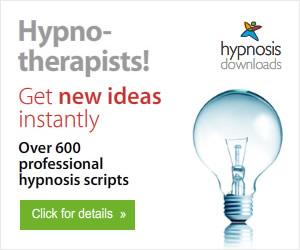Allergic reactions are one of the most widespread medical disorders affecting Americans at present. An allergy is an immune system response to a stimulus from the environment. The body incorrectly identifies the stimulus as unsafe, and attempts to fight it, causing the symptoms of an allergic reaction. The universal symptoms are an itching or runny nose, wheezing, coughing and irritated eyes.
One very prevalent type of allergy is asthma. It is a chronic allergy that directly affects the lungs and airways in the body. The airways are easily irritated by allergens which, causes the build up of a thick lining of mucus. Allergens and other stimuli can bring on an asthma attack, including temperature changes, humidity variations, smoke and pollen. Usually, an asthma attack has various respiratory symptoms, including coughing, wheezing, chest tightness and difficulty breathing. Another symptom of asthma is shortness of breath.
Symptoms of an asthma attack are caused by the air passageways reacting to the allergen or trigger. When exposed to a trigger, the air passageways become irritated and narrow, resulting in the respiratory symptoms. These symptoms may range from moderate to ominous, depending on the severity of the allergy. Any asthma symptom can be scary, and should be taken seriously.
Asthma is most often diagnosed in childhood, as symptoms tend to manifest by the age of 5. Currently, it affects around ten to twelve percent of all children, and has been steadily mounting. There is no explicit known reason for the increase, but risk factors include exposure to cigarette smoke, other allergies and a history of other respiratory infections. Besides, the odds of being diagnosed are augmented in males and African Americans.
At present, there are numerous different types of asthma medications and methods of treatment that may effectively reduce symptoms. Two core types of asthma medication are fast-acting medicine to treat symptoms during an attack, and preventing medicine, which is taken on a regular basis to shrink the risk of having an attack. Short-acting Beta-2 Antagonists (SABAs) are bronchodilators, which is a type of fast acting medicine that facilitates opening air passageways and easing the symptoms of an attack, and are generally given through asthma inhalers. This type of medicine doesn't treat the inflammation that causes an attack, but is helpful when taken during an attack, and will last for 3 - 6 hours after it is administered.
Controlling asthma drugs are taken regularly and treats the underlying causes of the asthma attacks. The most widespread types of this medicine are inhalers containing a steroid that reduces inflammation in the air passageways and lungs and Long-Acting Beta-2 Antagonists (LABAs). The effects of long-acting asthma inhalers generally last for twelve hours, and may help reduce the number of attacks that take place during sleep. Various medications have very harsh side effects for some people.
Several types of asthma treatment alternative therapies are presently getting more popular. Some alternative approaches concentrate just on preventative care, like not smoking during pregnancy or around kids, including a selenium-rich diet or removing sources of allergy causing substances in the home. Some other treatments include reducing weight, increasing Omega-3 consumption, decreasing Omega-6 consumption, relaxation techniques, acupuncture and hypnotherapy. It is essential to note that any type of alternative therapy is intended to be used along with medical advice, because fast-acting medications are often required for an acute asthma attack.
One modality that is becoming more popular is self-hypnosis or hypnotherapy. Hypnotherapy for asthma has the goal of triggering the relaxation response, which can help to prevent or diminish your symptoms when having an attack. Some other alternative types of asthma treatment also employ relaxation methods as a tool to diminish symptoms, such as with meditation programs.
Using hypnosis, one can treat the emotional elements of an attack, which have the capability to make it much more severe. It is only human nature to become anxious or feel threatened when we feel our air supply being cut off. This instinctual reaction actually may intensify the severity of an attack. Such feelings of fear and dread about having an attack can really bring on an attack. These emotional causes and responses are handled with the asthma treatment method of self-hypnosis.
Hypnotherapy has been proven to be an extremely useful asthma treatment. With a trained hypnotherapist, or using one of the many recorded programs available, you can easily glide into a relaxing state, and start to take charge over breathing and bodily functions. One of the most effective techniques is to learn how to utilize self-hypnosis to actually abort an imminent attack. The self-hypnosis method of asthma treatment is very successful, and may work well for those who cannot take or do not want to take prescription medication regularly. Which asthma treatment you choose depends both on the seriousness of your symptoms and what type of treatment that works well for your symptoms.
Alan B. Densky, CH is certified by the NGH. He has perfected several hypnosis and NLP methods that are efficient asthma treatments. His Neuro-VISION hypnosis website offers a broad range of self-hypnosis programs. Visit to enjoy Free hypnotherapy videos, articles, and newsletters.
Subscribe to:
Post Comments (Atom)












No comments:
Post a Comment